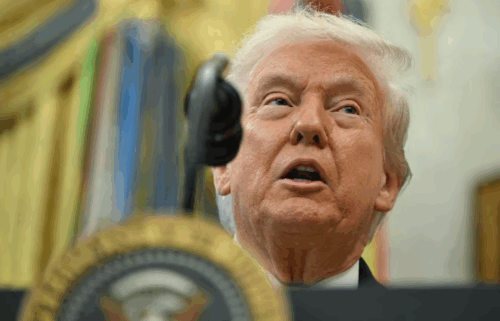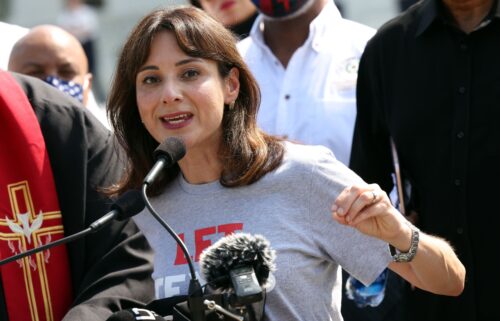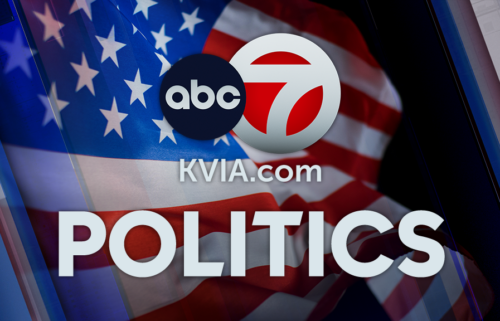Are we still underrating Andrew Yang?

Andrew Yang, sometime in the next two weeks, is expected to qualify for the sixth Democratic debate next month in Los Angeles. That will represent a clean sweep for Yang, as he will have made the stage in all six of the Democratic presidential debates this year.
That in and of itself would have been quasi-unthinkable in the early months of 2019, when Yang was a total political unknown, given somewhere between none and a snowball’s chance in hell of even being relevant in the 2020 primary fight. What’s been clear for months now, however, is that Yang — through his quirky personality and willingness to talk about previously taboo topics like automation and universal basic income — has built a durable following online and offline that outpaces many of the better-known candidates who have left the race and several who are still in it.
Yang has, in short, cleared that hardest, first hurdle: relevance.
On that, everyone — mostly — agrees. But in the wake of Yang’s surprisingly strong debate performance last week in Atlanta, it’s worth asking a different question: Are we still underrating Yang, his influence on the race and his chances going forward?
The answer to that question, I think, is yes.
Look at all of the traditional measures of success of a candidacy:
* Money: Yang raised $10 million in the third fundraising quarter, more than, among others, Sen. Kamala Harris of California and former candidate Beto O’Rourke. And his money momentum is all in the good direction.
* Polling: Yang started at roughly 0% everywhere. He’s now up to 3% nationally and in Iowa, according to Real Clear Politics, and at 2% in New Hampshire. Which isn’t amazing! But again, trajectory matters. Yang has continued to slowly but surely gain support even while many of his opponents have lost it. And he already has three polls (out of the four he needs) showing him at 4% or better in either early state or national polling to make the December debate.
* Grassroots energy: Yang has already gone over 200,000 individual donors. His online following is rabid and organized.
* Policy: There was a discussion of UBI — Yang has proposed that every person 18 or older get $1,000 from the government each month — in the October debate, which was a) stunning and b) a major win for Yang and his allies. Yang’s focus on the effects of automation and the need to begin considering our data as our most valuable resource are also helping to drive conversation in the race.
Yang checks all those boxes — at least as much as some of his rivals in elected office who have received far more attention.
And now, after months and months of downplaying what his supporters believed was media blindness to his candidacy, Yang is speaking out. “MSNBC is trying to suppress and minimize my campaign because there are certain other candidates that they might favor,” Yang told Politico on Monday, citing his lack of speaking time (in comparison with other candidates with similar poll numbers) in last week’s debate. (Yang provided no other evidence to back up his bias claims.)
The Point: Yang’s candidacy is deeply unconventional. And therefore harder to cover or quantify. But as the current resident of the White House can attest, unorthodox candidacies can resonate in ways more traditional ones simply cannot.




